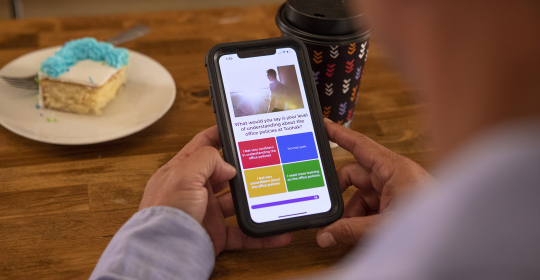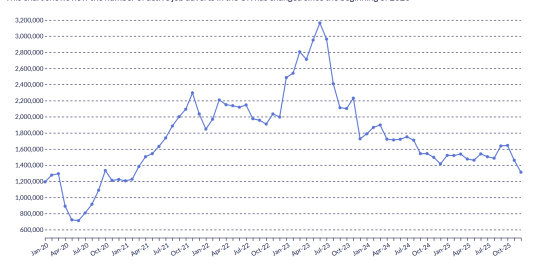The survey highlighted that almost half of people worked flexibly with arrangements such as job sharing or compressed hours, allowing them to juggle other commitments.
Adrian Lewis, Director at Activ Absence says a change in the law in 2014 that allowed people to request flexible working after 26 weeks of employment, as well as the increased use of technology and Wifi is leading to more people working flexibly than ever before.
He says, “Working the traditional nine to five is no longer necessary and people don’t need to be in the office to work. Allowing people to work more flexibly has enormous benefits such as keeping staff happy, motivated and more productive. More companies are recognising this and are introducing flexible working.”
Research by HSBC[i] at the end of 2017 found that flexible and remote working practices are more likely to motivate staff and increase workplace productivity than financial incentives.
However, Adrian Lewis warns that flexible working must be managed properly to ensure businesses are as productive when people are away from the office.
He says, “Its essential companies have the right IT systems in place to keep track of where people are, who is working, who is not and where they will be working. This visibility is crucial so that the normal working day runs smoothly, clients or customers are not inconvenienced and there isn’t a dip in productivity.
“Managers need to be confident that when people are working remotely, they are available and as on ball as they would be if they were in the office. Absence management technology can provide this transparency and clarity over who is working where at all times to ensure flexible working works for both the company and the employee.”
Adrian Lewis suggests some practical top tips on how companies can make flexible working a success:
- Make employees aware of what’s expected of them in terms of activity or performance, especially if working from home. Also agree how they can be contacted and expectations around communication – i.e. a daily phone call at the start of the day if working at home.
- Employees must understand they are still part of a team. Regular meetings and team events that involve everyone are a good idea to ensure people feel involved.
- Run through the practicalities of flexible working and ensure everyone is on board. People coming into the office at different times for instance can be disruptive, so people need to be mindful of this.
- Agree weekly or monthly work schedules with deadlines and make it clear these must be met even if people are working remotely.
- Make sure that all team members know where people are. A centralised accessible electronic diary is essential to ensure its business as usual.
- Good communication at all times is important and must be maintained between employee and line manager/teams members even when they are working away from the office.
- Technology is enabling flexible working. Companies can use of tools such as instant messaging and webcams to keep in touch with employees. Working at home can be isolating so this can also help to maintain an ‘office’ environment.
- Ensure those working away from the office still feel part of the team and are rewarded and praised in the same way for tasks well done. Equally providing a supportive environment and taking time to understand if deadlines aren’t met is also important.
- Include all team members in any electronic communication that includes work news, success/wins, activities and company news, so everyone keeps up to date with what’s happening in the organisation.
- Keep track of how successful flexibly working is. For instance, put measures in place to record improvements in productivity and wellbeing – to demonstrate that embracing flexible working is working for both the employee and the business.






